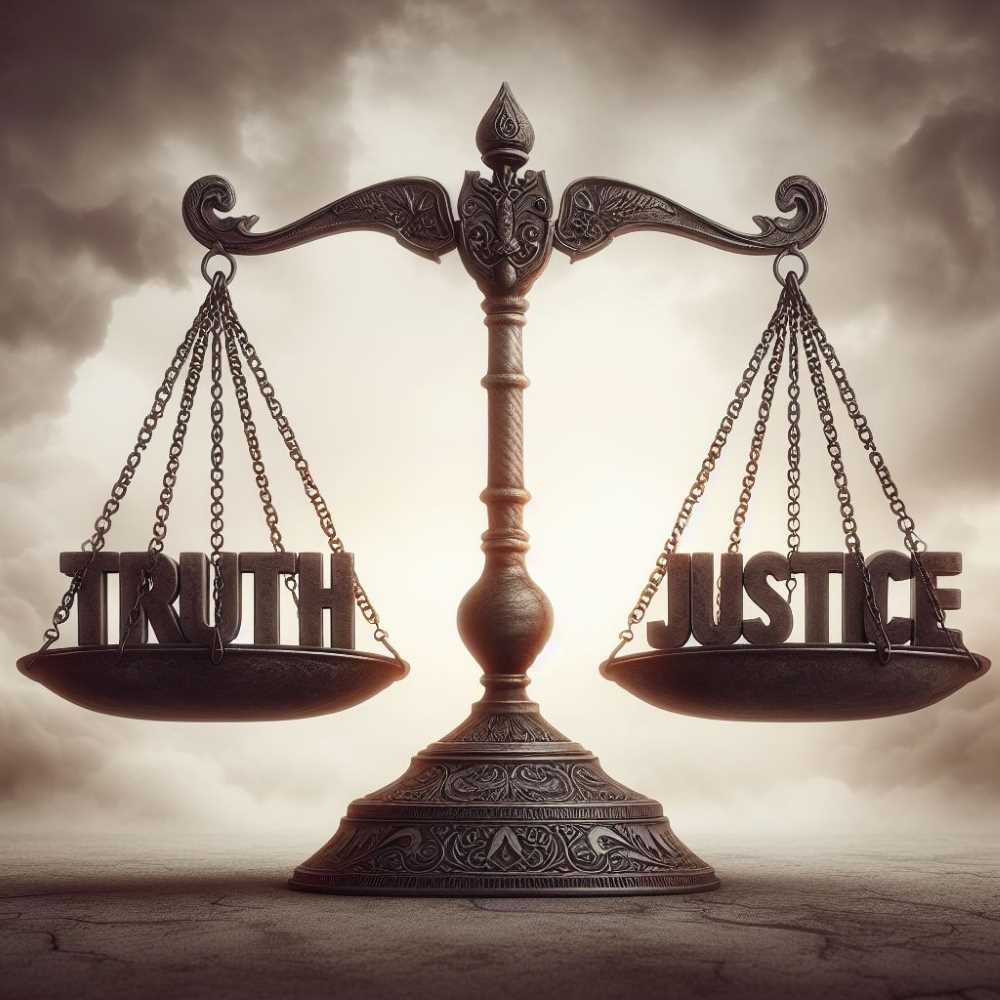Truth vs. Amnesty in a Nation Scarred by Violence
Mexico's new law grants amnesty for truth-telling in unsolved crimes. Opponents fear criminals go free, while supporters see a chance to finally solve mysteries like Ayotzinapa. The nation grapples with justice vs. truth and the power this law gives the President.

Mexico City is abuzz. The Chamber of Deputies has ignited a political debate with a fiery new addition to the Amnesty Law. The President, with a flourish, can now offer amnesty to those who spill the beans on unsolved crimes – think Ayotzinapa, Tlatlaya, the ghosts that haunt the nation's conscience. But this seductive tune isn't playing to a unanimous audience.
Proponents twirl with glee. They see amnesty as the key that unlocks the mysteries of the past. Imagine the families, weary from years of unanswered questions, finally getting a glimpse of the truth. This, they argue, is about justice, not a free pass for hardened criminals. It's about offering a mutually beneficial partner to those “in the know,” a chance to redeem themselves by revealing crucial information.




